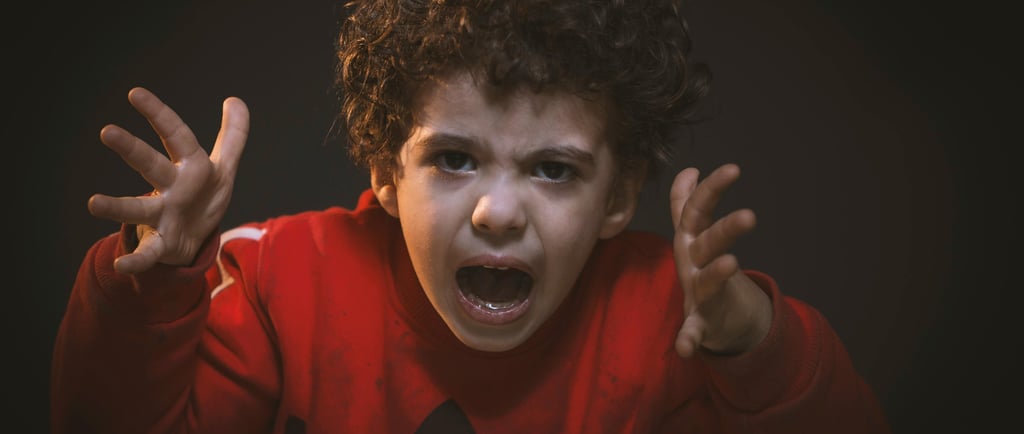Children & Mental Health: Is it Just a Stage?
It's hard to know if your child is just going through a stage--like the Terrible Two's or "just being a teen," or if something more is going on. Here's some information to help you navigate your child's mental health.
Susanna Sung, LCSW-C
8/24/20253 min read


All children are sad, anxious, irritable, or aggressive at times, and many find it occasionally challenging to sit still, pay attention, or interact with others. In most cases, these are just typical developmental phases. However, such behaviors may also indicate a more serious problem in some children.
What mental disorders can affect children?
Many mental disorders can begin in childhood. Examples include anxiety disorders, attention-deficit/hyperactivity disorder (ADHD), depression and other mood disorders, eating disorders, and post-traumatic stress disorder (PTSD). Early treatment can help children manage their symptoms and support their social and emotional well-being. Many adults reflect on how mental disorders affected their childhood and wish they had received help sooner.
What are the signs of mental health conditions in children?
Distinguishing between challenging behaviors and emotions that are a part of normal development and those that may be cause for concern can be hard. Consider seeking help if your child’s behavior or emotions last for weeks or longer, cause distress for your child or your family, or interfere with your child’s functioning at school, at home, or with friends. If your child’s behavior is unsafe, or if your child talks about wanting to hurt themselves or someone else, seek help immediately.
When might children benefit from an evaluation?
For younger children, when they:
· Have frequent tantrums or are irritable much of the time
· Often seem fearful or worried
· Complain about frequent stomachaches or headaches with no known medical cause
· Are in constant motion and cannot sit quietly (except when they are engaged in an activity they enjoy, such as watching videos or playing video games)
· Sleep too much or too little, have frequent nightmares, or seem sleepy during the day
· Are not interested in playing with other children or have difficulty making friends
· Struggle academically or have experienced a recent decline in grades
· Repeat actions or check things many times (for example, repeatedly checking to make sure a door is locked) out of fear that something bad may happen
For older children, when they:
· Have lost interest in things that they used to enjoy
· Have low energy
· Sleep too much or too little or seem sleepy throughout the day
· Have periods of highly elevated energy and activity and require much less sleep than usual
· Spend more and more time alone and avoid social activities with friends or family
· Diet or exercise excessively or fear gaining weight
· Engage in self-harm behaviors (such as cutting or burning their skin)
· Smoke, drink, or use drugs
· Engage in risky or destructive behavior alone or with friends
· Have thoughts of suicide
· Say that they think someone is trying to control their mind or that they hear things that other people cannot hear
Get Immediate Help
If you, your child, or someone you know is struggling or having thoughts of suicide, call or text the 988 Suicide & Crisis Lifeline at 988 or chat at 988lifeline.org . In life-threatening situations, call 911.
Where should I start if I’m concerned about my child’s mental health?
Being proactive and aware of your child’s mental health is an important first step. If you have concerns about your child’s mental health, start by talking with others who frequently interact with your child. For example, ask their teacher about your child’s behavior in school, at daycare, or on the playground.
You can talk with your child’s pediatrician or health care provider and describe your child's behavior and what you have observed and learned from talking with others. You can also ask the health care provider for a referral to a mental health professional with experience and expertise in evaluating and treating children.
Come back next week to read about how children are assessed and treated, how schools can help support you and your child, and some resources.
Susanna is a psychotherapist and founder of Thrive Fully, a therapy and consulting business providing therapy, mental health and wellness training, crisis response, program and evaluation development, and marketing expertise. She has over 30 years of clinical and research experience, and retired from the National Institute of Mental Health, National Institutes of Health. She is a keynote speaker at national conferences, a writer (Huffington Post!), live storyteller (Stoop, Listen To Your Mother, podcasts), drummer (in between gigs), and both a cat parent and human parent. Learn more here: www.linkedin.com/in/susannasung
Book a session, gig, or service at: Susanna@ThriveFullyTherapy.com


About the Author Susanna Sung, LCSW-C


